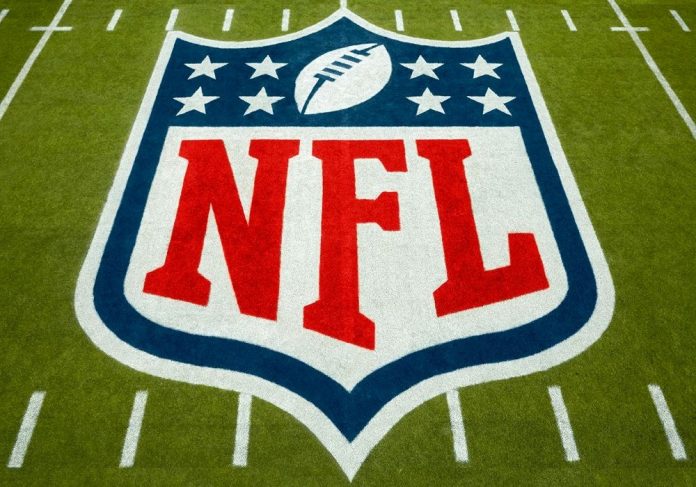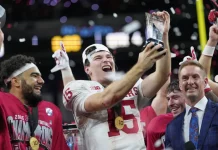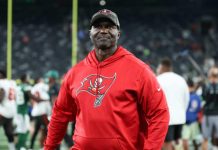RANT SPORTS – Is player safety really what the NFL wants?
The NFL often claims to prioritize player safety, but nothing could be farther from the truth. There are countless examples of the league publicly promoting its concern for players’ well-being while, in reality, prioritizing profits above all else. Let’s examine how the NFL presents a façade of caring about player safety while its actions reveal a different story.
One of the NFL’s most touted initiatives is its effort to limit dangerous hits. They point to rules designed to protect quarterbacks, which, on the surface, seems like a positive change. Indeed, quarterbacks are protected at all costs—hits to the head, neck, or while they’re sliding are almost always flagged. Referees tend to error on the side of caution, leading to an increasing number of 15-yard penalties. Similarly, rules for wide receivers prohibit defensive players from targeting the head or neck area, especially when a player is deemed “defenseless.”
Are the rules being followed?
These rules sound great in press conferences and soundbites. The NFL can proudly state, “We are working to take these hits out of football.” It’s an appealing narrative that suggests they care about player safety and reducing injuries. However, while these rules do reduce some risk, they serve a dual purpose that benefits the NFL’s bottom line: increased scoring.
What do all these changes have in common? They overwhelmingly favor the offense. In today’s NFL, high-scoring games drive more excitement, viewership, and ultimately revenue. The league understands that a 31-28 game garners far more interest than a 13-10 defensive battle. The “player safety” rules, therefore, serve a convenient dual purpose: they protect quarterbacks and receivers while simultaneously boosting scoring. The NFL profits from this under the disguise of player safety, but make no mistake—their motivations are far from genuine.
Some facts about the NFL
The clearest proof that the NFL does not genuinely care about player safety lies in the league schedule. Over the years, the regular season has expanded from 14 games to 16, and now to 17 games per season. While this change delights fans and generates billions in additional revenue, it comes at a significant cost to player health. Football is one of the most violent sports in existence, no matter how you slice it. Asking players to endure an extra game in an already grueling season is reckless.
Even more egregious is the NFL’s insistence on Thursday Night Football. Playing on Sunday and then again on Thursday means teams have only three days to recover from a physically punishing game. The idea that players can fully recover in such a short window is absurd. It’s not only irresponsible—it’s dangerous. Players are sent back onto the field with an increased probability of injury, all because the league wants to cash in on another primetime broadcast.
RANT MUST READS
20+ Asian Baseball Players: Asian MLB Players 2025
NFL Divisional Playoffs: Eckel picks the slate – RantSports
Irish face the Buckeyes for the CFP Championship
Too many games and not enough time
Thursday Night Football doesn’t just compromise player health; it also lowers the quality of the product. Games played on such short rest rarely meet fan expectations, as players are fatigued and underprepared. While players do accept these risks as part of their careers, that doesn’t absolve the league of its responsibility to prioritize their well-being.
Whenever I hear the NFL talk about player safety, I think about Thursday Night Football. The league’s decision to push players into three games in 11 days is proof positive that player safety is not their priority. Despite their carefully crafted messaging, the NFL’s actions repeatedly demonstrate that profits come first, no matter the cost to players’ health.
Conclusion
In the end, while the league’s rule changes may slightly reduce injury risk, they primarily serve financial interests. Expanding the schedule and forcing players into dangerous short-week matchups exposes the league’s hypocrisy. The NFL can talk about player safety all it wants, but actions speak louder than words.







